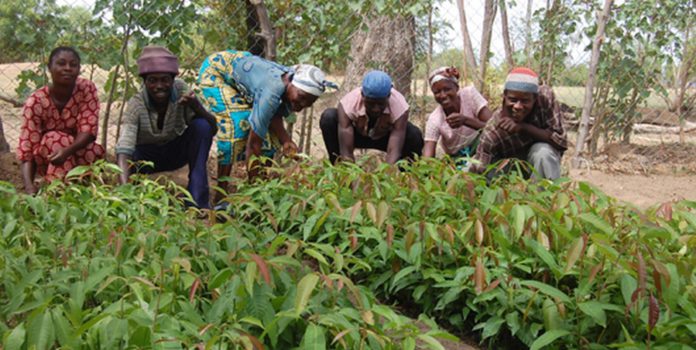The immediate past Minister of Food and Agriculture, Dr Owusu Afriyie Akoto, has said in as much as there is a lot of room for improvement following the introduction of the Planting for Food and Jobs, the implementation of the policy has been a success.
He made this known at the University of Professional Studies, Accra while delivering a public lecture on ‘The future of the economy of Ghana.’
Recounting his personal encounters with some farmers in one of his travels to a small village in the Volta Region, Dr Akoto noted he encountered a widow, Mawuena, who grows maize, okro, garden eggs and pepper to sell in order to feed 15 persons in her household.
“These include five children who are her own, five other children that she also takes care of, and five grandchildren. All Mawuena needed was the supply of improved seeds and some basic technology in order to triple her yield on the same size piece of land.
“On the other side, there are stories to celebrate. At an Ejura Farmers forum, I encountered a female farmer who said this at the forum ‘Honourable, in the past farming was the exclusive domain of illiterates like me. But now one finds all kinds of professionals including mechanics, teachers, nurses, doctors and lawyers have taken to farming’,” he said.
Dr Akoto, who has set his eyes on the flagbearer position of the New Patriotic Party (NPP), was optimistic the stories that he has shared show a clear manifestation of how Planting for Food and Jobs (PFJ) has attracted professionals into farming.
To him, there is a need for a new innovative business model, value addition, and productive stakeholder engagement including the youth, smallholder farmers and large-scale farmers, all in agribusiness for adequate and affordable food and high-value export to fully benefit from the gains of the sector.

